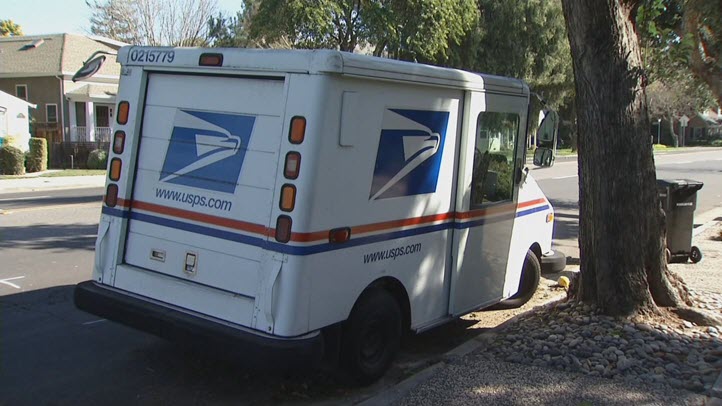San Jose Mayor Sam Liccardo is clashing with the agency that's responsible for Santa Clara County's water supply, opposing a massive project that's headed for a vote on Tuesday.
California is headed for another severe drought, and because of climate change, scientists said it's only going to get worse. That's where Valley Water's $2.5 billion reservoir project comes in: The agency says it is key to protecting the South Bay's future water supply.
Liccardo disagrees, saying the project is an overpriced mistake that could mean rate hikes for users every year for the next decade.
"We don't need this project," Liccardo said. "Let's let it go."
Get a weekly recap of the latest San Francisco Bay Area housing news. Sign up for NBC Bay Area’s Housing Deconstructed newsletter.
Under the project, the Santa Clara Valley Water District would expand the Pacheco Reservoir so it can store much more water, giving the South Bay a bigger reserve in a drought.
The agency said its project is being misunderstood and unfairly targeted by the mayor, adding the rate hike claim is incorrect and noting that the agency already has a $500 million grant from the state.
Valley Water officials say they obtained the grant because the project was the best of its kind.
Local
"It does serve as an emergency water supply for Valley Water, as well as protection for disadvantaged communities. It actually eases some of the pull that we have on the Delta," said Christopher Hakes of the Santa Clara Valley Water District.
Liccardo argues there are much cheaper and more effective options that won't hike up customers' water bills.
"Let's save the money and invest in conservation; let's invest in much less expensive approaches such as water banks," Liccardo said.
On Tuesday, Valley Water's Board of Directors will vote on whether to increase water rates.
The hike would be about $4.30 to the average homeowner's monthly bill starting July 1, with the extra money being used to help pay for the Pacheco Reservoir project.
In the meantime, the agency said it's also working on cutting down the overall cost, possibly by as much as $400 million. It also hopes to get more federal money to offset costs. It says the bottom line is the project is key to protecting the water supply for generations.
"We're not looking at just this year or just next year; we're looking at 10 years, 20 years, 30 years down the line," Hakes said. "In fact, an expanded reservoir will be in service for 100 years or more."
Liccardo has no power to stop the project but does hope his argument will sway those who can.



